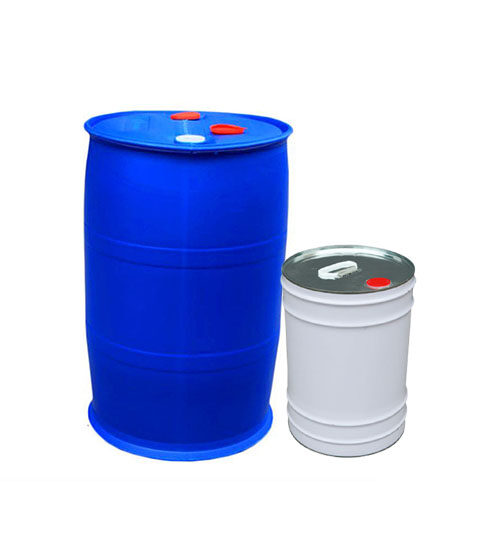What are the usage specifications for water-based metal surface cleaning agents…
Number of views:502Release time:2023-10-09
The main origin of metal profile and various types of oil pollution during the machining process of workpieces is due to the requirements of machining processes such as lubrication, cooling, grinding, heat treatment, and profile treatment
What are the specifications for the use of water-based metal surface cleaning agents by the manufacturer?
The metal profile of alloy wax removal water and various types of oil pollution are the main origins of the workpiece during the processing process due to the requirements of processing techniques such as lubrication, cooling, grinding, heat treatment, and profile treatment.
The characteristics of the composition of oil pollution are simple, short profile for metals, weak adhesion, and easy to understand. According to the characteristics of oil in the overview of metal workpieces, water with ordinary metal cleaning agents was selected. As long as there are no corrosive requirements, it can meet the oil pollution in the overview of workpieces.

The main types of oil are mineral oils, including animal and plant oils, emulsions, grinding ointments, and various salts. For metal oil stains, the selection of components for various metal water-based cleaning agents should consider animal and vegetable oil metal water-based cleaning agents. Active agents containing aliphatic water-based profiles and mineral oils mainly use active agents containing aromatic water-based profiles.
Vapor phase rust inhibitors, water-soluble corrosion inhibitors, rust preventive oils, and rust preventive oils have been formed for a long time and mainly exist in the metal profile of mechanical components of oil. The main feature of this oil is a more complex component, which is close to the metal rod. If there is a longer time, it is prone to physical and chemical reactions, making cleaning even more difficult.
A thick layer of oil can be unsealed by heating the cleaning agent and then washed, which can greatly improve its current cleaning efficiency. This is the cleaning of rust resistant oil, which produces oil, cleaning, water-soluble corrosion inhibitors, and suppressants in the form of oil or vapor phase corrosion. The suppressant is a thin layer of oil, which can be heated or used as two types of water-based metal purifiers at room temperature.